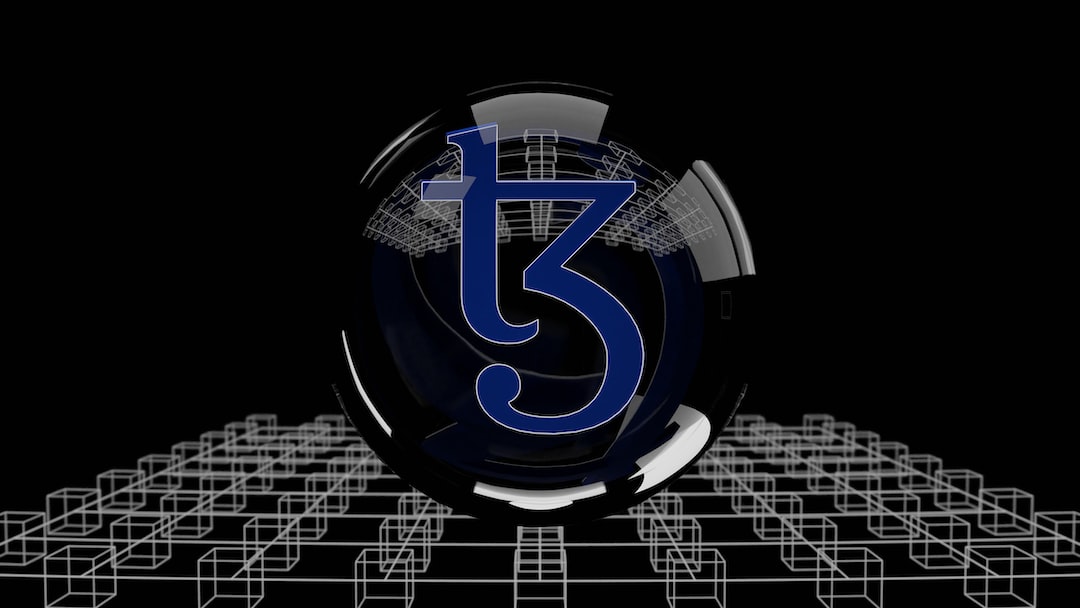Decentralized Finance Poses Risks to Investors, Says European Securities and Markets Authority
The European Securities and Markets Authority (ESMA) has published a report highlighting the risks associated with decentralized finance (DeFi) for investors and financial stability. While acknowledging that overall exposure to DeFi is currently small, the report emphasizes the speculative nature of many DeFi arrangements, as well as operational and security vulnerabilities. It also points out the absence of a clearly identified responsible party, which poses challenges to investor protection.
ESMA warns that DeFi operates without trusted intermediaries that could mitigate risks related to financial stability and investor protection. The regulator categorizes smart contracts into five categories to help understand their complexity.
Risks Posed by DeFi
ESMA raises concerns about the prevailing “code is law” principle in DeFi governance. It argues that this principle leads to an acceptance of smart contract outcomes regardless of moral or legal considerations. While DeFi’s automated functions pose less risk of counterparties defaulting compared to traditional settlement, the regulator highlights the potential for illicit smart contracts due to developer pseudonymity.
The composability feature of smart contracts is also flagged as a risk factor, as it can amplify system faults and increase contagion risk. The default of one actor in the system can quickly propagate through the interconnected protocols.
A Model for Categorizing Smart Contracts
ESMA has developed a model for categorizing smart contracts into Financial, Operational, Tokens, Wallet, and Infrastructure types. This framework aims to assist supervisors in understanding the purpose of different smart contracts.
The report acknowledges the challenges in enforcing regulations due to the decentralized and borderless nature of DeFi. ESMA will oversee regulations under the EU’s Markets in Crypto Assets legislation (MiCA).
Hot Take: DeFi Risks Require Regulatory Attention
The European Securities and Markets Authority has identified the risks associated with decentralized finance and emphasized the need for regulatory oversight. The report highlights the speculative nature, operational vulnerabilities, and lack of accountability in DeFi arrangements. It also raises concerns about the “code is law” principle and the proliferation of illicit smart contracts. The composability feature of smart contracts is identified as a potential source of system faults and contagion risk. With its model for categorizing smart contracts, ESMA aims to provide clarity to supervisors in understanding the purpose of different types of contracts. As DeFi continues to grow, regulatory frameworks like MiCA will play a crucial role in protecting investors and ensuring financial stability.





 By
By
 By
By
 By
By
 By
By
 By
By